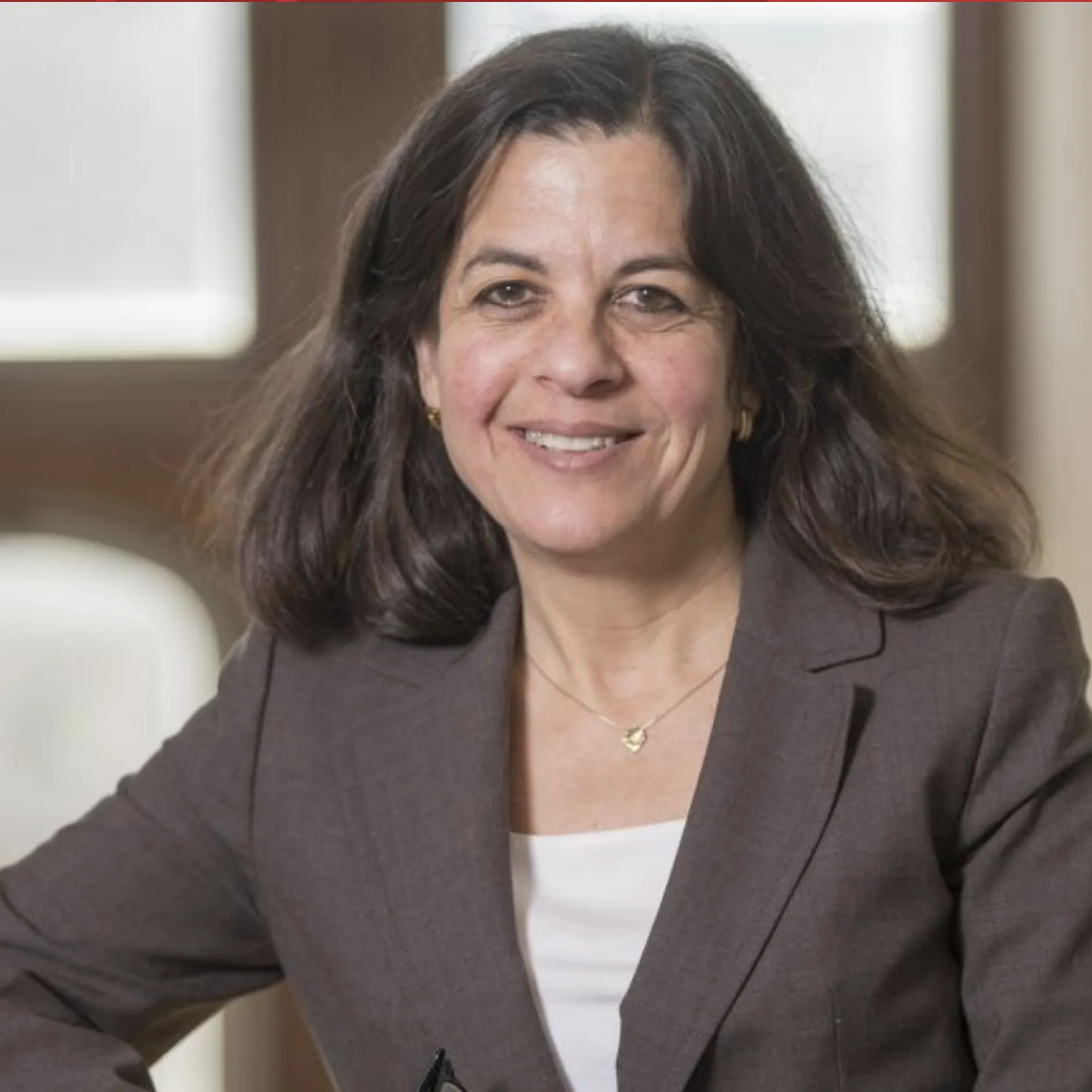Professor Berg teaches courses in Israeli society, Middle Eastern literatures, and Jewish culture. While much of her scholarship focuses on the literature of Iraqi Jews, she has also researched Israeli women's writing, memory writing, and food.
Her first book, Exile from Exile, explores the writings of Israeli Jews from Iraq, heirs to the longest continuous Jewish community: Babylonian Jewry. In More and More Equal, her next book, she analyzes the literary career of Israeli writer Sami Michael. What We Talk About When We Talk About Hebrew (And What It Means to Americans), coedited with Naomi B. Sokoloff, won the 2019 National Jewish Book Award for Anthologies and Collections. Their second project, Since 1948: Israeli Literature in the Making is scheduled to be published this October.
Prof. Berg has been a fellow at CASA (Center for Arabic Study Abroad), the Hebrew University in Jerusalem, and the Herbert Katz Center for Advanced Jewish Studies at the University of Pennsylvania. She previously served as president of the NAPH (National Association of Professors of Hebrew).





